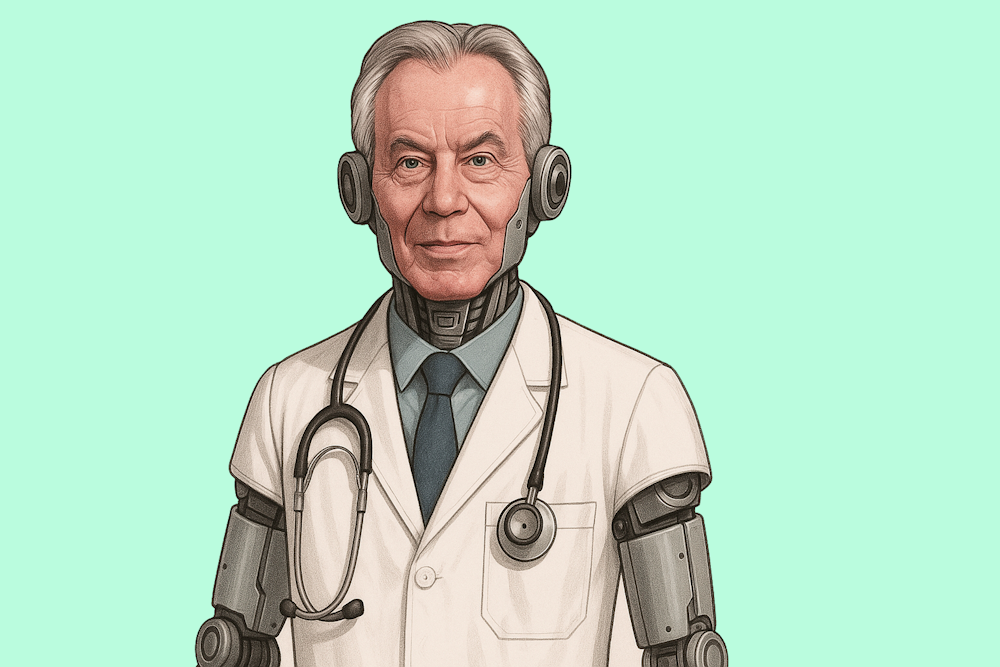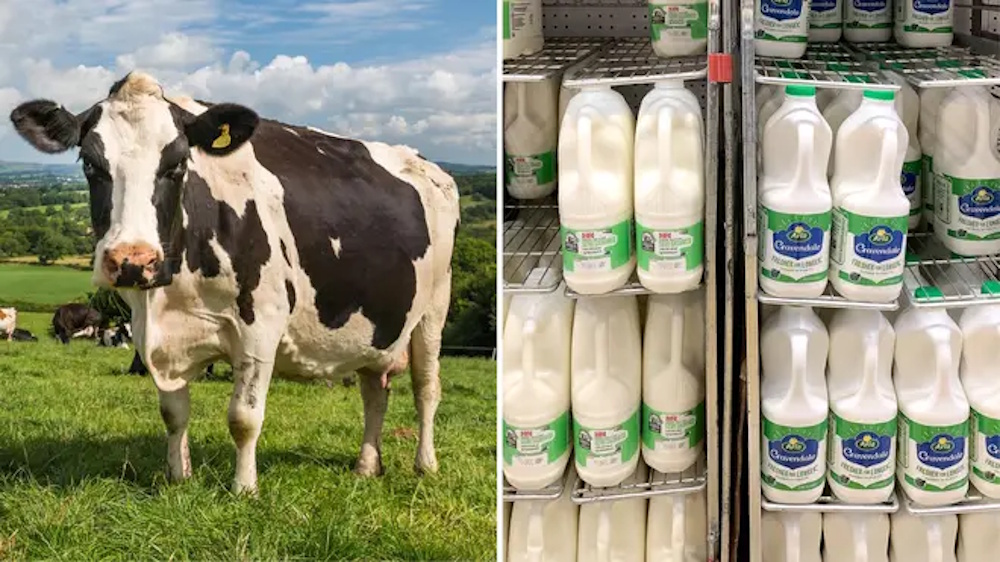Article
Podcast: Nice to Meat You


Our latest Dividing Lines podcast in partnership with The Near Futurist explores the controversial world of lab-grown meat; pitching the Countryside Alliance against an artificial meat manufacturer. Take a listen here.
Some of us of a certain age will remember the fears of Frankenstein Food a few years back; genetically modified food that had to be bad for you and damaging, although nobody was quite sure why. Some of those fears are coming back again, this time about lab-grown meat.
Except this time we’re a little wiser and more aware of the outside factors. Other episodes of the Near Futurist podcast and its mini-series, Dividing Lines (powered by Diffusion) have explored the fact that areas of the world are starving and even in the pretty cushy west, populations are increasing while food supplies are doing the reverse.
One possible solution is therefore to grow meat artificially. A lot of people have an emotional response and will reject the idea out of hand, but if something is cultivated from animal cells then is it truly artificial? And if no animal has died can we actually call it meat?
These are among the topics under discussion in this latest episode, in which presenter Guy Clapperton discusses this new method of production with Daan Luining, CTO and co-founder of Meatable, which faces affordability and distribution issues as well as customer acceptance but which hopes to have product on the shelves by 2025. He also hears from Tim Bonner, chief executive of the Countryside Alliance in the UK, who has fewer problems with Daan than might have been prejudged; underpinning some of the artificial meat debate, however, he suggests there’s an undercurrent of ending meat consumption completely and abandoning traditional farming methods which, when done well, promote biodiversity and ensure that the countryside is in the shape that people love (you want to go for a drive and admire herds of sheep or cattle, you have to accept they are not being kept and fed for entertainment – they are livestock for food).
In this 20 minute podcast, as always, we’ve been able to scratch over the surface of an absorbing topic but we hope we will provide…WAIT FOR IT!…food for thought.
Sorry, couldn’t resist.





